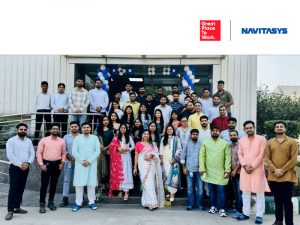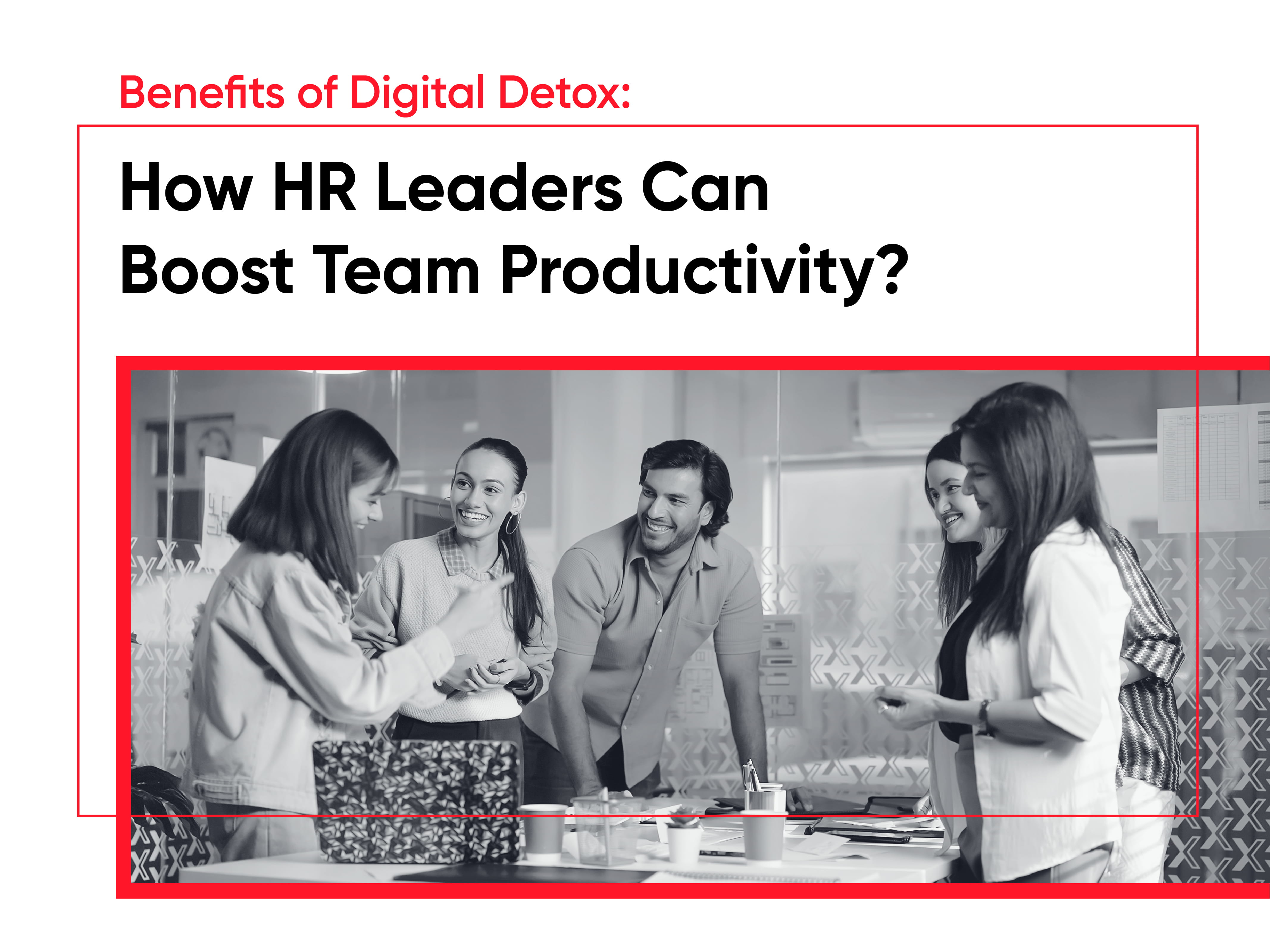In today’s fast-paced corporate landscape, understanding the pulse of employee sentiment is more critical than ever. With the Indian economy expected to grow to $7 trillion by 2030 from $3.7 trillion in 2024, organizations face unprecedented opportunities and challenges. As businesses expand, managing employee engagement becomes a top priority to foster strong workplace cultures, retain talent, and drive sustainable growth. This is where launching an Employee Engagement Survey becomes indispensable, offering organizations the opportunity to deeply understand their workforce and align their strategies to meet emerging needs.
Economic Growth and Its Impact on Organizations
According to the government of India, the Indian economy is set on an upward trajectory, projected to achieve a real GDP growth rate of 8.2% in 2023-24, translating into 173.82 lakh crore in value. Such rapid growth brings an increase in employment opportunities, competition for talent, and challenges to organizational efficiency. For instance, as the Indian stock market indices, BSE Sensex and Nifty 50, continue their robust performance with a CAGR of approximately 13.5% from January 2014 to December 2023, businesses are seeing heightened investor expectations. Companies are under pressure to deliver results while ensuring their workforce remains engaged and motivated to contribute at their highest levels.
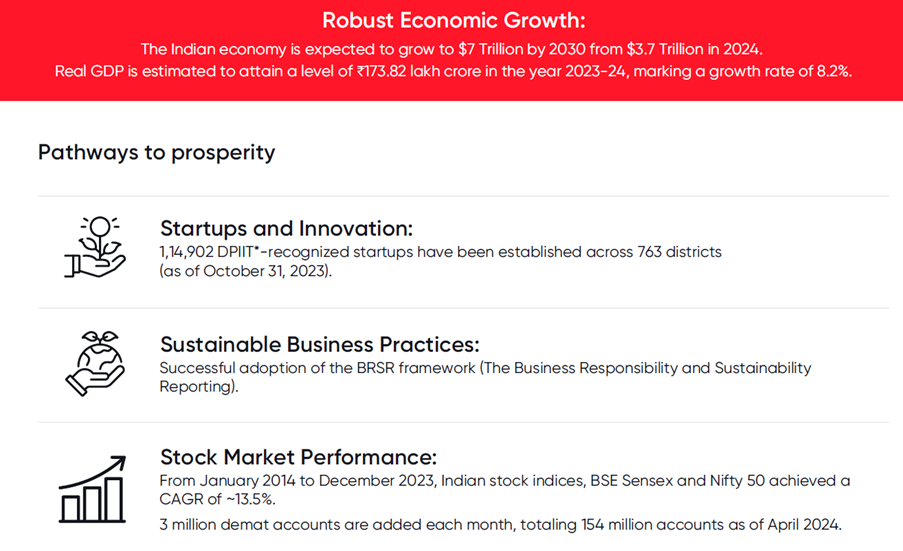
However, this economic boom is accompanied by a complex set of challenges: How can organizations manage the evolving expectations of a dynamic workforce? How can they ensure their employees remain engaged and productive amidst rapid growth and changing work environments? And most importantly, how can they stay ahead in a competitive marketplace? For organizations to thrive in this evolving environment, measuring and acting upon employee sentiment becomes a vital component of success.
The Role of Employee Engagement Surveys in Navigating Complexity
An effective Employee Engagement Survey serves as a compass, providing organizations with insights into employee sentiment, behaviors, and attitudes. It allows businesses to track the collective emotional pulse of their workforce, which directly impacts productivity, innovation, and retention. Surveys help to uncover the underlying challenges that may be affecting employee engagement, such as communication gaps, dissatisfaction with leadership, or unaddressed concerns about work-life balance. In a constantly shifting economic landscape, keeping this dialogue open is essential to fostering a culture where employees feel valued and motivated to contribute.
One of the most valuable insights from our 2024 survey is the analysis of employee sentiment surrounding the statement, “Taking everything into account, I would say this is a great place to work.” The data reveals that the overriding sentiment slightly dipped from 87% in 2023 to 86% in 2024, indicating a steady but slightly tempered satisfaction level among employees. While this 1% dip might seem minor, it underscores the importance of continuous monitoring and refinement of workplace practices to maintain high levels of employee satisfaction, especially in the context of rapid growth and competition.
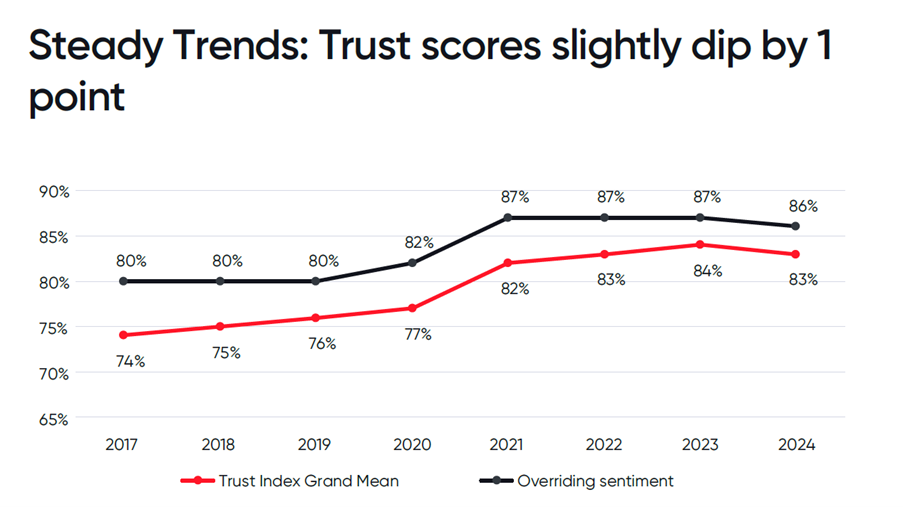
Organizations that neglect this critical feedback may find themselves facing unforeseen challenges, such as increased turnover or disengagement among their workforces. On the other hand, those who actively measure and act upon employee sentiment are better positioned to create workplaces that are not only resilient but also thrive in dynamic environments.
Exploring the Five Dimensions of Workplace Culture
One of the cornerstones of any successful Employee Engagement Survey is its ability to assess workplace culture across multiple dimensions. The Trust Index™ Survey, for instance, focuses on five key dimensions: Pride, Camaraderie, Credibility, Respect, and Fairness. These dimensions are essential in fostering a culture of trust, belonging, and engagement that leads to stronger organizational outcomes.
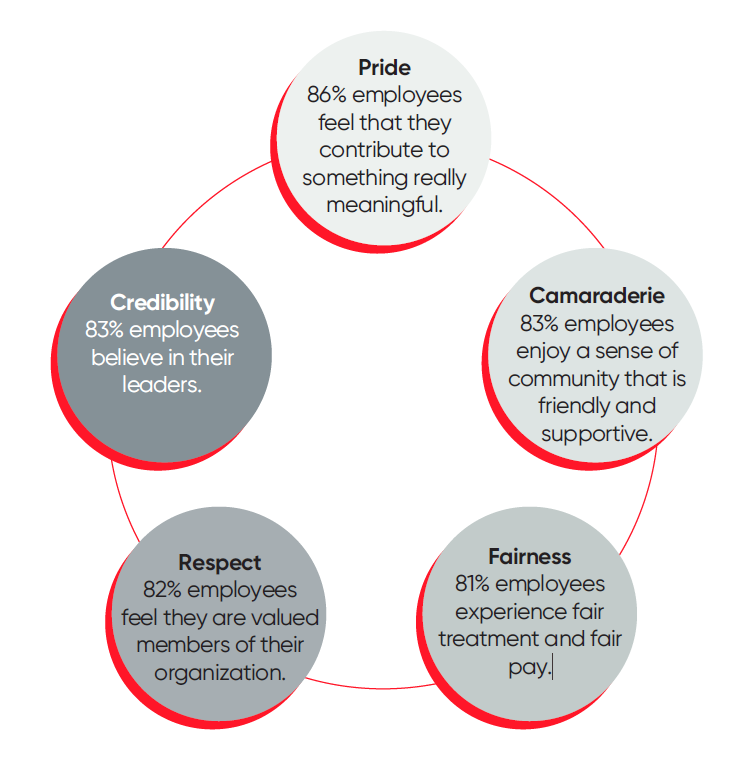
1. Pride – A strong sense of pride in one’s work plays a crucial role in fostering employee engagement. This dimension reflects how positively employees regard their roles, their teams, and the company’s mission. For many, the connection to meaningful work is a significant driver of satisfaction. In fact, our latest study shows that 86% of employees feel that their contributions are truly meaningful. When employees believe their work matters, they tend to be more engaged, loyal, and motivated to perform at their best. Pride, in turn, positively influences job performance, encouraging greater productivity and success across the board.
2. Camaraderie – Building a sense of community is essential to fostering employee well-being. The Camaraderie dimension highlights the importance of connection, mutual support, and a friendly atmosphere within the workplace. Our study reveals that 83% of employees report experiencing this sense of community, which plays a vital role in enhancing job satisfaction. When employees feel a strong bond with their colleagues, their work environment becomes more enjoyable and fulfilling. Encouraging collaboration and social interaction helps strengthen these relationships, ultimately contributing to a more positive and cohesive workplace culture.
3. Credibility – Trust in leadership plays a crucial role in driving employee engagement. The Credibility dimension gauges how employees perceive their leaders’ honesty, competence, and consistency. Across both large and SME organizations, 83% of employees express confidence in their leadership. When leaders demonstrate credibility, they create an environment where employees feel assured in the company’s direction, which in turn boosts engagement and commitment. On the other hand, when credibility is lacking, it can lead to feelings of distrust, disengagement, and even higher turnover.
4. Respect – Respect is a cornerstone of any healthy workplace, reflecting how valued employees feel by management. In our study, 82% of employees believe they are appreciated members of their organization, highlighting the importance of this dimension. When employees are treated with dignity, and their contributions are recognized, it fosters a culture of inclusivity that enhances engagement. Moreover, respect is essential for creating psychological safety, where employees feel secure in expressing their ideas and taking risks without fear of negative repercussions. This supportive environment not only strengthens relationships but also drives innovation and growth.
5. Fairness – Fair treatment and equitable compensation are vital to maintaining employee satisfaction. According to our study, 81% of employees feel they receive fair treatment and pay, underscoring the importance of fairness in the workplace. This dimension evaluates how employees perceive management’s practices regarding compensation, promotions, and growth opportunities. When fairness is upheld in these areas, it builds trust in the organization, reinforcing employees’ commitment and contributing to long-term success.
Learning from the Best: 2024’s Top People Practices
Organizations that perform exceptionally well in their Employee Engagement Surveys often implement innovative people practices that prioritize employee well-being, development, and engagement. These practices not only foster a positive work environment but also demonstrate the organization’s commitment to supporting its employees. Here are some of the standout examples from the 2024 study:
Inculcating Trust at PepsiCo India
PepsiCo India has taken a creative approach to fostering trust by implementing interactive activities centered around “The PepsiCo Way” principles. For example, they have designed a Customer Centricity Dart Game that encourages employees to align their behaviors with consumer-centric values. This approach not only makes learning more engaging but also reinforces the company’s core values in a memorable way. By fostering trust through interactive and gamified activities, PepsiCo ensures that employees remain connected to the company’s mission and feel supported in their roles.
Opportunities for Growth at Allianz Group
Allianz Group’s Athlete Buddy Program stands out as a best-in-class initiative for employee development. This program pairs employees with Olympic or Paralympic athletes for one-on-one mentorship, focusing on personal growth, mental resilience, and motivation. The program provides participants with valuable insights into both personal and professional development while also fostering a growth mindset. By offering such opportunities, Allianz ensures that employees feel empowered to take charge of their development, which enhances engagement and loyalty.
Boosting Innovation at Iris Software
Iris Software’s “Community of Practitioners” initiative is a powerful example of how to foster a culture of continuous learning and innovation. The initiative provides employees with a platform to share technical knowledge and collaborate on emerging topics such as cloud computing, AI, and software development. This knowledge-sharing culture not only drives innovation but also enhances employee engagement by providing them with the tools and resources needed to stay at the forefront of industry trends.
Measuring Employee Sentiment: A Strategic Imperative
Conducting regular Employee Engagement Surveys is not just a matter of checking the pulse of employee sentiment; it’s a strategic imperative that enables organizations to align their people strategies with their broader business objectives. Surveys like these provide leaders with the data and insights needed to make informed decisions about workplace practices, culture, and policies. By acting on the feedback collected, organizations can address potential issues before they escalate, create more inclusive environments, and foster a stronger sense of belonging among employees.
Moreover, these surveys help companies track the effectiveness of their people practices over time, enabling continuous improvement. As employee expectations evolve—driven by economic factors, societal changes, and shifts in workforce demographics—organizations must remain agile and responsive to the needs of their workforce. This responsiveness is what ultimately drives long-term success in today’s competitive marketplace.
Get Certified to Showcase Your Commitment
As India’s economy continues to expand, understanding and responding to employee sentiment will be a key differentiator for successful organizations. Achieving Great Place To Work Certification is an excellent way to demonstrate your organization’s commitment to employees’ overall experience. This Certification not only enhances your employer branding but also helps attract and retain top talent.
By leveraging the data and insights gained from these surveys, companies can foster positive workplace cultures, retain top talent, and drive sustainable growth. As the examples from PepsiCo, Allianz, and Iris Software illustrate, innovative people practices can make a significant difference in employee engagement and satisfaction, creating a ripple effect that benefits both the individual and the organization.
In conclusion, staying attuned to the pulse of the workforce through regular Employee Engagement Surveys will help organizations build resilient, thriving workplaces that are poised for long-term success in an increasingly dynamic business environment.



